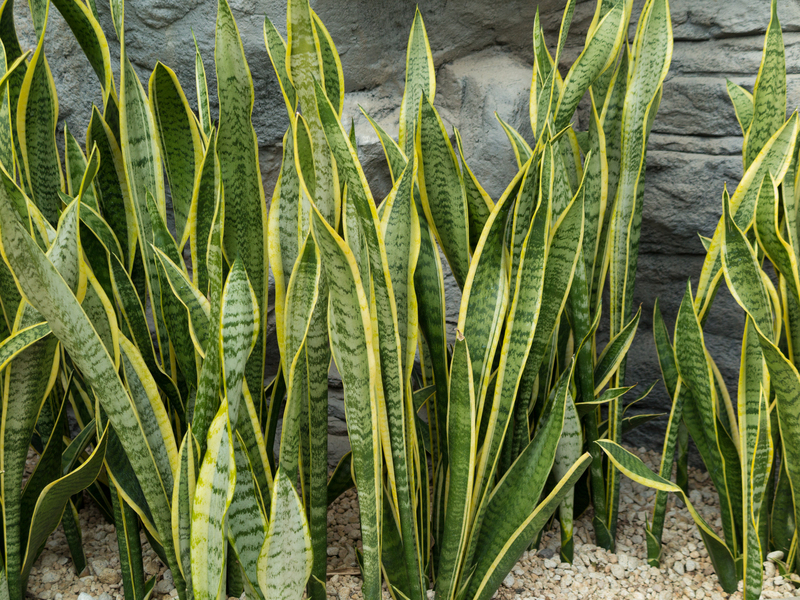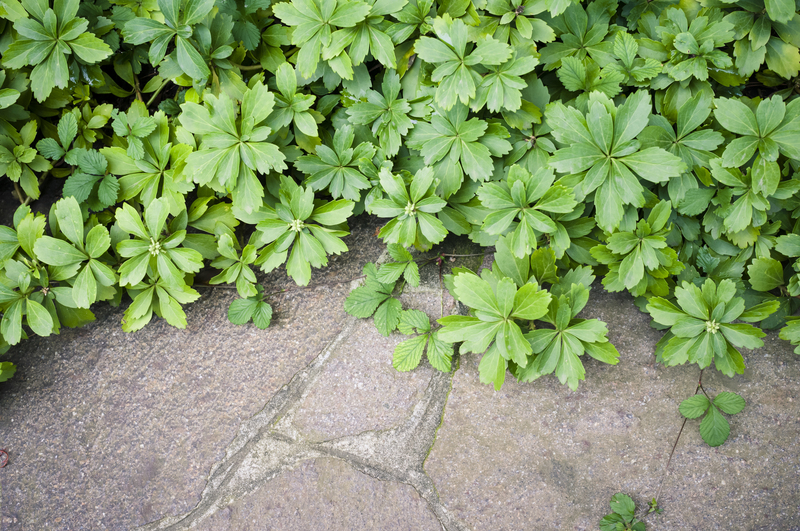What Are The Best Plants to Grow in an Edible Garden?
Posted on 02/09/2024
The idea of growing your own food is becoming increasingly popular as people become more conscious of their health, the environment, and their overall wellbeing. With an edible garden, you can create a self-sustaining food system that yields delicious, fresh, healthy produce--all while connecting with nature and giving back to the Earth at the same time.
But before you get started on your edible garden project, it's important to understand which plants will perform best in your specific environment. Some plants thrive in certain climates and won't be as successful in others, and some require more maintenance than others. So, let's take a look at some of the best plants to grow in an edible garden.
1. Tomatoes:
Tomatoes are one of the most popular home-grown vegetables because they're easy to grow and extremely versatile in the kitchen. There are many different types of tomatoes you can grow, from cherry tomatoes to beefsteak tomatoes. Be sure to choose a variety that works well in your climate and soil conditions.

2. Kale:
Kale is another great option for an edible garden because it's a highly nutritious leafy green that can be eaten raw or cooked. It grows best when temperatures are cool--between 50?F and 70?F--so if you live in a warm climate, you might want to consider planting kale during the cooler months of the year.
3. Carrots:
Carrots are a great option for any edible garden because they're easy to grow and long-lasting if stored properly once harvested. Carrots prefer cool weather so it's best to plant them in early spring or late autumn when temperatures start cooling down outside.
4. Lettuce:
Lettuce comes in many shapes, sizes, and flavors but all tend to be fairly easy to grow in an edible garden. Most lettuce varieties prefer cooler temperatures so avoid planting during hot summer months. Instead, plant during early spring or late autumn for the best results.
5. Bell peppers:
Bell peppers are another popular vegetable commonly found in home gardens because they're not too difficult to cultivate and they add great flavor to many dishes. Bell peppers need lots of sunlight to really thrive so make sure they get 6-8 hours of direct sunlight per day while they're growing.
6. Peas:
If you have plenty of sunshine streaming into your garden spot then peas are certainly worth considering for your edible garden project since they love lots of direct sun exposure! Peas perform best when planted in early spring so keep this in mind when planning your planting schedule for the year ahead!
7. Strawberries:
Strawberries are a delicious and nutritious addition to any edible garden because they're packed full of vitamin C and fiber. They also can be planted relatively easily since most varieties don't need much maintenance--just lots of sunshine! Plant strawberry runners or crowns between fall and winter for optimal fruit production the following summertime season!
8. Spinach:
For those looking for quick-growing greens then spinach could be just what you need! Spinach prefers cooler weather which means it should be planted earlier than other veggies such as peppers or tomatoes which thrive when it's warmer outside! Once planted, spinach requires minimal maintenance so it could be ideal if you don't have much time available for gardening!

9. Herbs:
Herbs bring so much flavor and scent to any dish and luckily for us they're incredibly easy to grow! Many herbs will thrive both indoors on sunny windowsills as well as outdoors in pots or beds - perfect if space is limited! Herbs such as parsley, chives, thyme and rosemary will do well all year round - just make sure they get enough water from time to time!
10. Zucchini:
Last but certainly not least we have zucchini - one of the most versatile vegetables out there that really benefits from being grown at home rather than purchased from the store! Zucchinis love warm weather so aim for planting them mid-spring through summertime for optimum growth conditions - ensure that they get at least 4-6 hours of direct sunlight each day plus regular watering sessions every other day or so!
Growing an edible garden is not only beneficial for yourself but also helpful for our planet as more people decide towards a sustainable lifestyle The key is understanding which plants work best in your specific environment so that you can get the most out of your gardening efforts! With this list of ten amazing plants perfect for any edible garden you should now have everything you need to get started on creating your very own veggie patch - happy gardening!
Latest Posts
Creating a Serene Zen Garden Oasis
Perfect Mow Timing: How Often to Trim Your Lawn?



